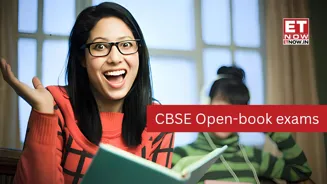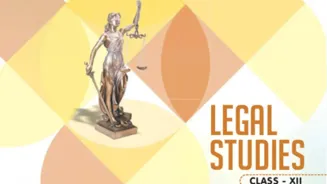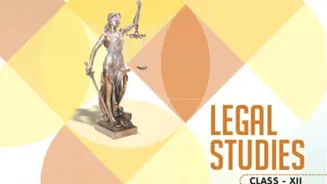The Central Board of Secondary Education (CBSE) has reportedly approved a proposal to bring in open-book assessments in Class 9 annual examinations from
the 2026-27 academic session. This proposal has been approved on the basis of a successful pilot study that showed “teacher support” was needed for such assessments. This decision was taken by CBSE’s Governing Body, the board’s highest decision-making authority, in a meeting held in June 2025. According to the minutes of the meeting accessed by The Indian Express, the proposal involves integrating open-book assessments in Class 9 “as part of three pen-paper assessments per term”, covering core subjects such as language, mathematics, science and social science. As per the reports, the proposal suggested conducting a pilot run of open-book tests in select schools, covering English, Mathematics, and Science for Classes 9 and 10, and English, Mathematics, and Biology for Classes 11 and 12. The aim was to assess stakeholders’ feedback and measure the time students took to complete these tests. The proposal is being implemented in line with the National Curriculum Framework for School Education (NCFSE) 2023, which is based on the National Education Policy (NEP) 2020. NCFSE states open-book tests as a possible form of assessment. “An open-book test is one where the students have access to resources and references (e.g., textbooks, class notes, library books) while answering questions. These tests assess the ability to process or use available information and apply the same in various contexts. These tests shift the focus from recall to application and synthesis,” the NCFSE states. This is not the first time CBSE will be adopting open book examination format. In 2014, the CBSE introduced the Open Text Based Assessment (OTBA) to reduce reliance on rote learning and encourage students to process information. It was implemented for Class 9 in Hindi, English, Mathematics, Science, and Social Science, and for Class 11 final exams in Economics, Biology, and Geography. Students were provided reference material four months in advance. However, the Board discontinued OTBA in 2017-18, stating that it had not effectively developed “critical abilities” among students.















